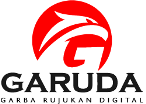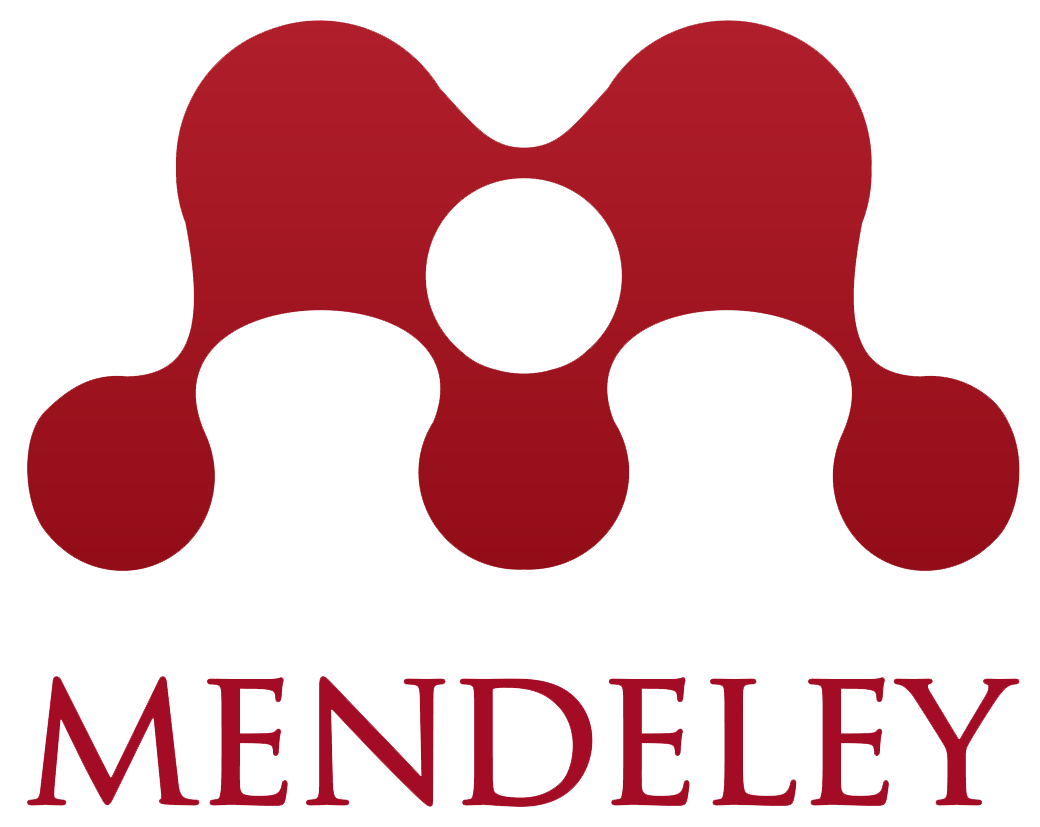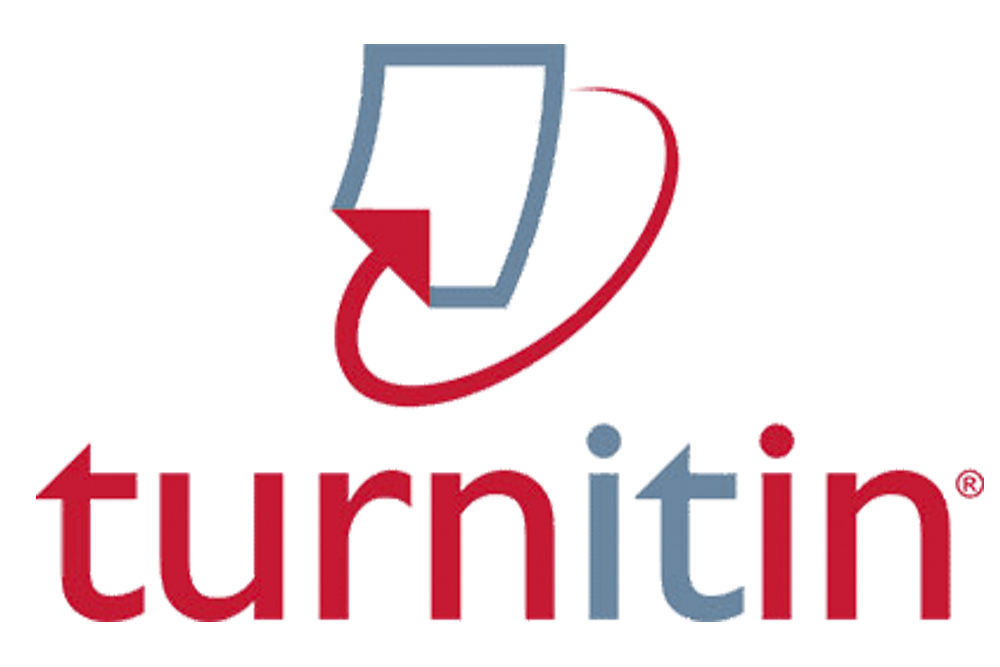Impact of Teachers Training on Interest and Academic Achievements of Students by Multiple Teaching Methods
Abstract
A research has been conducted to check the effects of teachers training and teaching methods on academic achievements and interests of students at secondary schools in computer course. The population is divided into four groups; - lecture teaching method (control group), discussion teaching method (experimental method), inquiry teaching method (experimental group) and demonstration teaching method (experimental group). Each group has a sample size of 20 students. A pre-test before training of teachers and post-test after training of teachers for academic achievement and interests of students taught by four teaching methods have been conducted. The results of pre and post-tests are then analysed statistical tools of descriptive statistics and ANOVA test. The results of the study indicated that students academic achievements and interests have been increased before and after the training of the teachers taught by lecture, discussion, inquiry and demonstration teaching methods. The demonstration teaching method was ranked 1st and lecture teaching method was ranked last.
Keywords
Full Text:
PDFReferences
Abdulbaki, K., Suhaimi, M., Alsaqqaf, A., & Jawad, W. (2018). The Use of the Discussion Method at University: Enhancement of Teaching and Learning. International Journal of Higher Education, 7(6), 118-128.
Ahmad, I. (2014). Critical Analysis of the Problems of Education in Pakistan: Possible Solutions. International Journal of Evaluation and Research in Education, 3(2), 79-84.
Ahmed, R. (2016). Social media integration in secondary education in Pakistan. Journal of Education and Educational Development, 3(1), 74-99.
Al-Otaibi, S. (2015). Training needs for teaching staff members, effective teaching skills, faculty of Sscience, Princess Noura University. International Educational Journal, 12(6), 170-186.
Amalia, R. (2017). Improving listening and speaking skills by using animation videos and discussion method. Pedagogy: Journal of English Language Teaching, 2(1), 30-36.
Anthony, S., & Garner, B. (2016). Teaching soft skills to business students: An analysis of multiple pedagogical methods. Business and Professional Communication Quarterly, 79(3), 360-370.
Anwar, A. I., & Zulkifli, A. (2020). The influence of demonstration method education in the knowledge of tooth brushing in children age 1012 years. Enfermera Clnica, 30, 429-432.
Asmawati, A., & Malkan, M. (2020). Active Learning Strategies Implementation in Arabic Teaching at Senior High School. INTERNATIONAL JOURNAL OF CONTEMPORARY ISLAMIC EDUCATION, 2(1), 1-20.
Bardovi-Harlig, K., Mossman, S., & Vellenga, H. E. (2015). The effect of instruction on pragmatic routines in academic discussion. Language teaching research, 19(3), 324-350.
Behroz-Sarcheshmeh, S., Karimi, M., Mahmoudi, F., Shaghaghi, P., & Jalil-Abkenar, S. S. (2017). Effect of training of life skills on social skills of high school students with intellectual disabilities. Practice in Clinical Psychology, 5(3), 177-186.
Buseri, J. C., & Dorgu, T. E. (2011). The relevance of instructional materials for effective curriculum delivery in Nigeria. Journal of issues in professional Teacher Education (JTIPTE), 2(2), 9.
Carson, L., Edwards, H., Smith, B., & Webb, G. (2001). Teaching power. Lecturing. Case studies, experience and practice. Kogan Page Limited, London, UK.
Dagnew, A., & Mekonnen, D. (2020). Effect of using guided inquiry teaching method in improving grade eight students concept of photosynthesis, primary school: Ethiopia. International Journal of Innovative Research in Education, 7(1), 01-15.
Dorgu, T. E. (2016). Different teaching methods: A panacea for effective curriculum implementation in the classroom. International Journal of Secondary Education, 3(6), 77-87.
FARAH, N., & Ayoubi, Z. (2020). Enhancing the critical thinking skills of grade 8 chemistry students using an inquiry and reflection teaching method. Journal of Education in Science Environment and Health, 6(3), 207-219.
Folounrunso, B. E., & Sunday, A. O. (2017). relative effectiveness of guided discovery and demonstration teaching techniques on studentsperformance in chemistry in senior secondary schools in ile-ife, nigeria. European Journal of Education Studies.
Fulford, A. & Mahon, A. (2018). The philosophical defence of the traditional lecture. Times Higher Education. Retrieved from https://www.timeshighereducation.com/blog/philosophicaldefence-traditional-lecture#survey-answer
Giovazolias, T., Syngelaki, E. M., & Papastylianou, A. (2019). Effectiveness of a Teachers' Training Program on Their Core Self-Evaluations, Relationship with Students and Work Engagement. Journal of Classroom Interaction, 54(2).
Gooblar, D. (2019). Is it ever ok to lecture? The Chronicle of Higher Education. Retrieved from https://www.chronicle.com/article/Is-It-Ever-OK-to/245458
Hafeez, M., Kazmi, Q. A., Tahira, F., Hussain, M. Z., Ahmad, S., Yasmeen, A., ... & Saqi, M. I. (2020). Impact of School Enrolment Size on Students Achievements. Indonesian Journal of Basic Education, 3(1), 17-21. https://www.stkiprokania.ac.id/e-jurnal/index.php/IJOBE/article/view/302
Jungst, S., Licklider, B. & Wiersema, J. (2003). Providing support for faculty who wish to shift to a learning-centered paradigm in their higher education classrooms. The Journal of Scholarship of Teaching and Learning, 3, 69-81.
Kiker, K., Eversman, S., Kruggel, H., & Volkmann, C. (2020). Pioneering Orientation Using Multiple Teaching Methods and Low-Fidelity Simulation for Unlicensed Care Providers. Journal for nurses in professional development, 36(4), 213-220.
Mahasneh, O. (2020). A proposed model for the university students' e-portfolio. Journal of Education and e-Learning Research, 7(1), 28-34.
Marmah, A. A. (2014). Students perception about the lecture as a method of teaching in tertiary institutions, views of students from college of technology education, Kumasi (Coltek). International Journal of Education and Research, 2(6), 601-612.
Nzarirwehi, J., & Atuhumuze, F. (2019). In-Service Teacher Training and Professional Development of Primary School Teachers in Uganda. IAFOR Journal of Education, 7(1), 19-36.
Obidike, N.D. (2017). Factors affecting teacher quality practices in primary schools in Awka Education Zone, Anambra State. African Journal of Teacher Education 5(1), 1-8.
Oliveira, C., Lopes, J., & Spear-Swerling, L. (2019). Teachers academic training for literacy instruction. European Journal of Teacher Education, 42(3), 315-334.
Omar, M. K., Mohammad, N. M., Shima, M. S., Raed, A., & Ali, S. (2020). Favorite Methods of Teaching and Evaluation among Students in University Colleges. International Journal of Education and Practice, 8(2), 365-378.
Omoro, B. & Nato, L. W. (2014). Determining methods used in teaching geography in secondary schools in Rongo District, Kenya. International Journal of Academic Research in Progressive Education and Development, 3(1), 220- 232.
zdogru, M. (2020). The Use of a Student Response System in Teacher Training Classrooms and Its Effect on Classroom Environment. Acta Didactica Napocensia, 13(1), 29-42.
P. Eggen, D. Kauchak. Strategic and models for teachers: teaching content and teaching skills, Boston, Pearson Education, Inc, 2012.
Paul, P., Subramanyam, L., Raghunathan, G., & Arumugam, B. (2019). Learner Perceptions Regarding the Lecture and the Small Group Discussion as Teaching/Learning Methods in Physiology. Bangladesh Journal of Medical Science, 18(2), 274-278.
Polizzotto, K., & Tamari, F. (2015). Using lecture demonstrations to visualize biological concepts. Journal of Microbiology & Biology Education, 16(1), 7981. https://doi.org/10.1128/jmbe.v16i1 .840
Rahman, F., Khalil, J. K., Jumani, N. B., Ajmal, M., Malik, S., & Sharif, M. (2011). Impact of discussion method on students performance. Int J Bus Soc Sci, 2(2), 84-94.
Sandika, Bayu & Fitrihidajati, Herlina. 2018. Improving Creative Thinking Skills And Scientific Attitude Through Inquiry-Based Learning In Basic Biology Lecture Toward Students Of Biology Education. Indonesian Journal of Biology Education. Vol. 4 No. 1, http://ejournal.umm.ac.id/index.php/jpbi
Savela, T. (2018). The advantages and disadvantages of quantitative methods in schoolscape research. Linguistics and Education, 44, 31-44.
Schtze, B., Rakoczy, K., Klieme, E., Besser, M., & Leiss, D. (2017). Training effects on teachers feedback practice: the mediating function of feedback knowledge and the moderating role of self-efficacy. ZDM, 49(3), 475-489.
Shamsudin, N., Abdullah, N.,&Yaamat, N. (2013). Strategies of teaching science using an inquiry-based science education (IBSE) by novice chemistry teachers. Procedia -Social and Behavioral Sciences,90, 583592. https://doi.org/10.1016/j.sbspro.2013.07.129
Sivarajah, R. T., Curci, N. E., Johnson, E. M., Lam, D. L., Lee, J. T., & Richardson, M. L. (2019). A review of innovative teaching methods. Academic radiology, 26(1), 101-113.
Su, J. X., Cai, L. S., Chen, G., Dai, Y., Zhang, H. M., Gong, Z. L., & Che, S. W. (2016). Exploration and Application of Discussion-based Teaching Method in Teaching of Medical Parasitology. Zhongguo ji sheng chong xue yu ji sheng chong bing za zhi= Chinese journal of parasitology & parasitic diseases, 34(5), 473-475.
Suryanti, S., Arifin, S. Z., & Baginda, U. (2018). The application of inquiry learning to train critical thinking skills on light material of primary school students. In Journal of physics: Conference series (Vol. 1108, No. 1, p. 012128).
Sylvanus, T., & Eke, S. (2017). Effect of Inquiry Teaching Strategy on Academic Achievement of Senior Secondary School Chemistry Students in Okrika Local Government Area. International Journal of Education and Evaluation, 3(12), 9-14.
Teodora Mihaela, I., & Laurentiu-Gabriel, T. (2014). Teaching approach to enhance motor skills for students in primary school, 746751. https://doi.org/10.1016/j. sbspro.2014.09.314
Ulla, M. B. (2018). In-Service Teachers' Training: The Case of University Teachers in Yangon, Myanmar. Australian Journal of Teacher Education, 43(1), 66-77.
van Leeuwen, A., & Janssen, J. (2019). A systematic review of teacher guidance during collaborative learning in primary and secondary education. Educational Research Review, 27, 71-89.
Vrbik, I., & Vrbik, A. (2017). Video demonstration as a teaching method. Croatian Journal of Education, 19(2), 201213. https://doi.org/10.15516/cje.v19i 0.2674
White, M. A., & Kern, M. L., (2018). Positive education: Learning and teaching for wellbeing and academic mastery. International Journal of Wellbeing, 8(1), 1-17. doi:10.5502/ijw.v8i1.588
Wuryaningsih, W., Susilastuti, D., Darwin, M., & Pierewan, A. (2019). Effects of Web-Based Learning and F2F Learning on Teachers Achievement in Teacher Training Program in Indonesia. International Journal of Emerging Technologies in Learning (iJET), 14(21), 123-147.
Yusuf, H. O., Guga, A., & Ibrahim, A. (2016). Discussion method and its effect on the Performance of students in reading comprehension in secondary school in plateau State. The Online Journal of Quality in Higher Education Vol.3, Issue 4. http://www.tojqih.net/journals/tojqih/ articles/v03i04/v03i04-01.pdf
Zulfiqar, M. S. (2016). Teachers' perceptions about inservice training at Federal Government Educational Institutions (Cantts/ Garrisons). Lahore:(Unpublished doctoral dissertations thesis). Lahore: University of Education, Lahore.
DOI: https://doi.org/10.30596/ijessr.v2i2.6625
Refbacks
- There are currently no refbacks.




.png)

